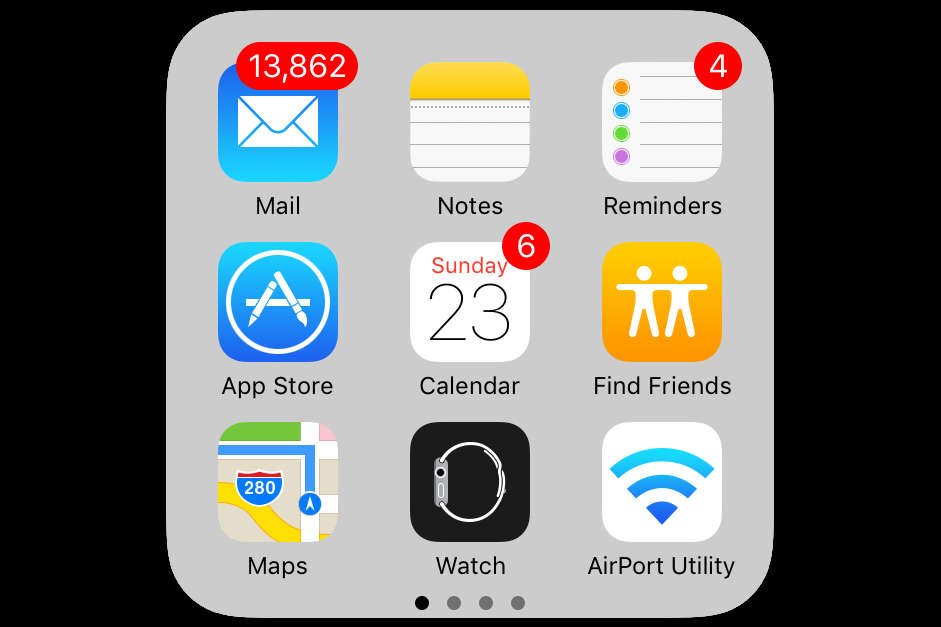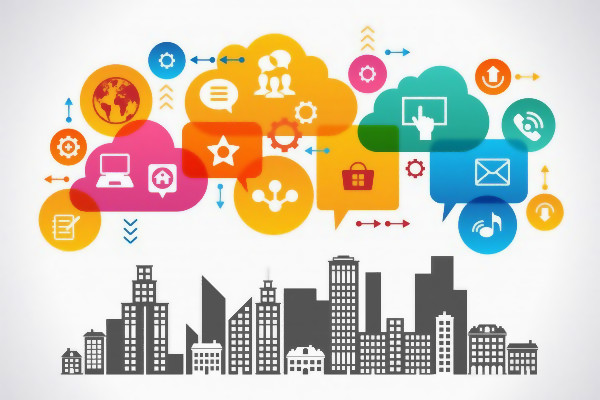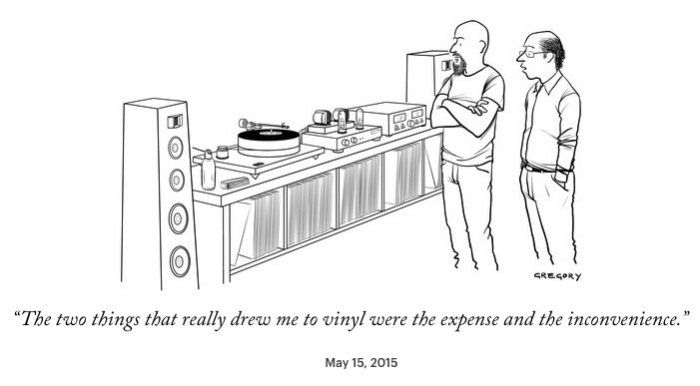Sometimes the media goes on a tangent and seem to agree universally on a particular issue. In those circumstances, I like to explore the contrarian viewpoint to balance my own viewpoint. In this post, I’m going diving into privacy and especially Facebook and Google’s hunger for collecting your data.
Both Google and Facebook have one single main revenue stream and this is serving you ads. Their secondary target is to serve your appropriate content at the right time. This is the reason they collect this data.
Ads become more relevant for you when the advertiser can target you more accurately. Advertisers know which cohorts of people are interested in a certain product and by targetting specific cohorts they see better conversions. As a user, this is a good thing because you get served relevant ads. The end result is that you don’t get pestered with diaper ads if you don’t have kids. Of course, sometimes this fails, but in general, this works very well.
The other goal is to optimize your attention and keeping it as long as possible. Facebook wants to know who you interact with outside Facebook so they can propose potential friends for you. For a long time, Facebook offered my cleaning lady as a potential friend. The only way they could’ve known that is because she and I had each other’s phone number in our phones.
More friends mean more posts to see and more likes to collect. Both are primary indicators for engagement which lead to longer attention. Longer attention means more opportunities to show you ads. But longer attention also indicates that you as a user have a better experience on the platform.
The same applies to Google. By collecting your location, Google can tweak the search results for you. If you search for let’s say “Barbershop”, I’m interested in the ones in my neighborhood and not on the other side of the country. And let’s say I clicked on their website and it isn’t too farfetched to show me retargeting ads to remind me of that barbershop I was interested in. Retargeting is one of the most effective ads available. You’ve shown interest in the past so it’s good to remind you.
There is no secret conspiracy going on here. These companies collect data to serve you better. What’s wrong with that?
The outrage is about the abuse of information and the realization that these companies collect all this data about you. The ownership of private data comes with great responsibility. Both companies have not always been diligent about the handling of this data and are not upfront how they use that data. As a user, we do not have control about our own data and how it’s being used.
There’s no agreement between the user and the company on which data can be collected and how this data can be used by the company.
As a user, you get limited to no control or insight in which data has been collected or how it’s been used.
I’ve no problem with Google or Facebook or any other company collecting private data to improve the service they provide to me. But without a clear agreement which data is collected and how this data can be used, I’ve lost control and as a user that makes me unhappy. In pursuit of revenue, data can be abused for unethical reasons. A good example is the Cambridge debacle and the US elections.
Even with the GPDR and all the attention in the media, I don’t feel that we made much progress on this except creating universal awareness.




